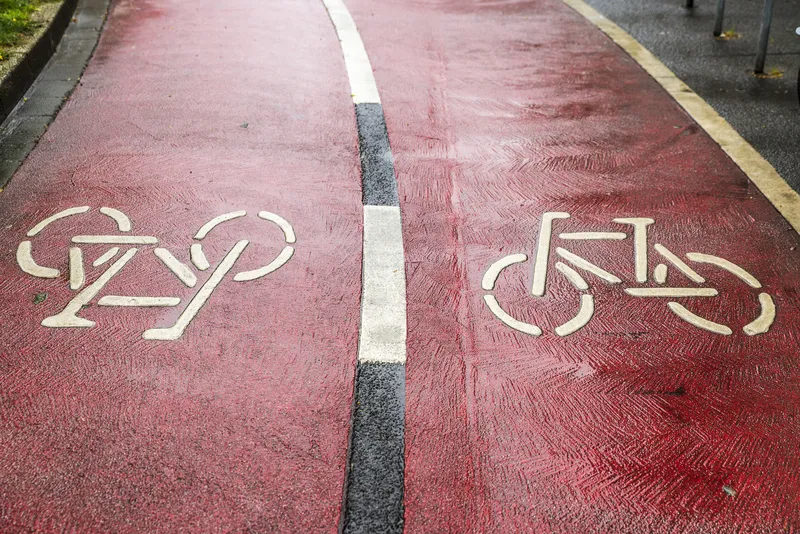The UK
Other measures include a US$968,000 grant for police forces in England and Wales will fund more officers with drug recognition and impairment testing skills to enable more effective and targeted enforcement.
A grant of US$74 million over the next four years will support Bikeability cycle training in schools, helping to increase children’s road awareness, encouraging children to be healthy and active.
The government will also consult on changes to improve cycle safety to ensure sideguards are not removed from HGVs but remain permanently fitted. Compulsory Basic Training (CBT) for learner motorcyclists will be strengthened and there will be a consultation on a range of further proposals to support safer motorcycling.
Motorists who endanger lives by using hand held mobile phones while driving will face an increase from the current three penalty points to 4, while the fixed penalty notice will rise from US$140 to US$223. For larger vehicles such as HGVs where the consequences of an accident can be much more severe, the penalty will increase from the current three points to six and the fixed penalty notice will rise from US$140 to US$223.
Transport Secretary Patrick McLoughlin said: “Britain has some of the safest roads in the world but we are always looking to improve that record. Today we are delivering common sense proposals that balance tougher penalties for dangerous drivers with practical steps to help youngsters and other more vulnerable groups stay safe on our roads.”
The
Snelling concluded: “It is incremental improvements such as these, along with the hard work of road freight operators that have contributed to the fact that half as many HGVs are involved in fatal incidents today as compared with 10 years ago.”
A series of consultations on the specific proposals announced today will follow in 2016.
Government unveils new measures to further improve road safety
The UK Department for Transport (DfT) has unveiled a raft of measures to improve the safety of Britain’s roads, including US$3 million for research into driver education, including the possibility of giving learner drivers motorway experience with an instructor before taking their test.
December 22, 2015
Read time: 2 mins









